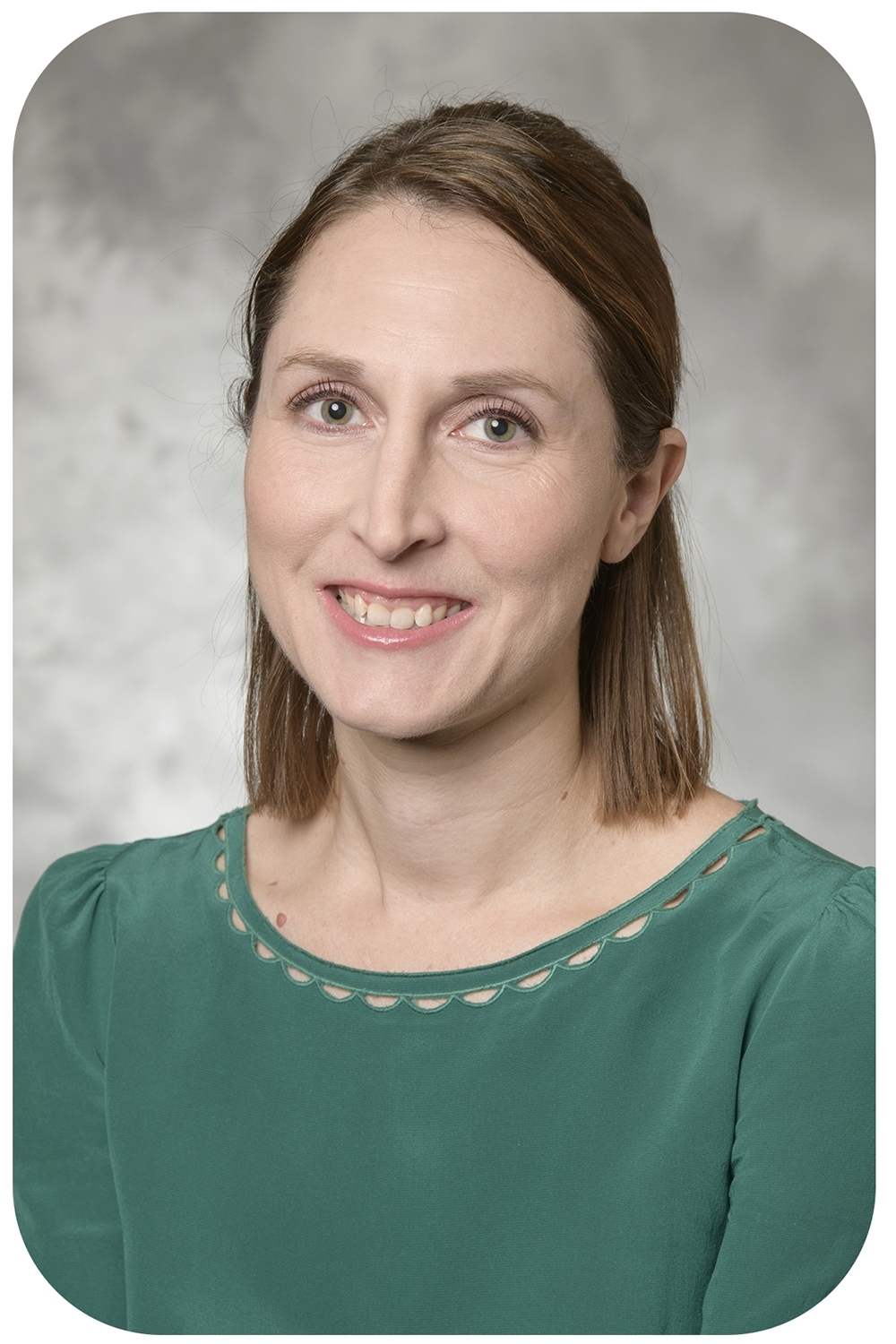 In 1970, the Autism Society launched an ongoing nationwide effort to promote autism awareness and assure that all affected by autism are able to achieve the highest quality of life possible. We interviewed Emery Mahoney, PhD, who is heading up the Banner-University Medical Center South's Child and Adolescent Autism Assessment Clinic to learn more about autism spectrum disorder, and how Banner’s autism clinic is unique in Tucson.
In 1970, the Autism Society launched an ongoing nationwide effort to promote autism awareness and assure that all affected by autism are able to achieve the highest quality of life possible. We interviewed Emery Mahoney, PhD, who is heading up the Banner-University Medical Center South's Child and Adolescent Autism Assessment Clinic to learn more about autism spectrum disorder, and how Banner’s autism clinic is unique in Tucson.
What are some common misconceptions about autism?
One area not well-understood by the general public relates to the significant variability of individuals on the autism spectrum. While there are characteristics that individuals on the spectrum may share, the way in which these characteristics present themselves, as well as many other attributes – including intellectual abilities – vary greatly from individual to individual.
What are some of the challenges people on the autism spectrum face?
There are several. Some are associated with the characteristics of autism, such as difficulties with social interactions, restricted interests, and engagement in repetitive behaviors, which can make learning and social interactions more challenging. They may also experience difficulty independently completing activities of daily living, and even relatively routine tasks, such as going to a doctor’s appointment.
At what age can someone be diagnosed with autism?
The American Academy of Pediatrics recommends autism screening begin at 18 months, although there is some research that suggests that children with autism show atypical social skills even prior to 18 months. The most common age a child receives an autism diagnosis is around age 4. While the diagnostic criteria for autism spectrum disorder mandates that the symptoms of autism must have been present since early childhood, there may be individuals who have autism that were never diagnosed during childhood for various reasons, and these individuals may seek a diagnosis in adulthood.
What are the benefits of diagnosing autism?
It may provide the individual with increased access to community services and support to improve their overall functioning. It can be helpful for guiding treatment and support services aimed at optimizing quality of life.
What is the Autism Diagnostic Observation Schedule (ADOS), and how does it work?
The ADOS is often referred to as a “gold standard” assessment for identifying autism. It is comprised of several conversation and/or play-based activities led by an examiner who observes the individual’s behavior and responses to these prescribed activities and scores these responses based on criteria set forth by the test publisher. When combined with other relevant data sources, the ADOS provides helpful information for diagnostic and intervention purposes.
What makes Banner’s autism clinic unique in Tucson?
The Autism Assessment Clinic at Banner provides a comprehensive assessment of a variety of areas, not just to obtain a diagnosis, but to also obtain data about areas where the individual may require additional support. These include social and communication skills, cognitive and executive functioning, adaptive functioning, the presence of other possible mood or behavior challenges, and academic skill development, as needed.
Learn more about the Autism Assessment Clinic, and how to make an appointment, here.

